Filter by
The language used throughout the course, in both instruction and assessments.
218 results for "microservices"
 Status: Free
Status: FreeUniversitat Autònoma de Barcelona
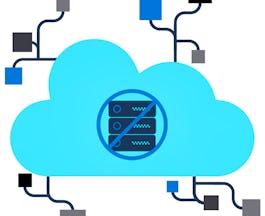
Microsoft
Skills you'll gain: Cloud Computing, Microsoft Azure, Cloud Engineering, Application Development, Cloud Applications, Cloud Management, Cloud Platforms, Software Engineering, Cloud API, Cloud-Based Integration, Computer Programming
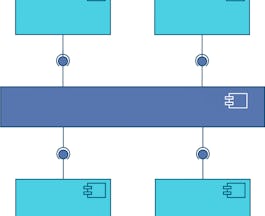
University of Alberta
Skills you'll gain: Software Architecture, Software Engineering

University of Colorado System
Skills you'll gain: Computer Networking, Network Model, Network Security, Network Architecture, Networking Hardware, Communication, Computer Architecture, Network Analysis, Theoretical Computer Science, Account Management, Software-Defined Networking, Leadership and Management, Back-End Web Development, Computer Graphics, Visualization (Computer Graphics), Accounts Payable and Receivable, Algorithms, Generally Accepted Accounting Principles (GAAP), Computational Logic, Software Architecture
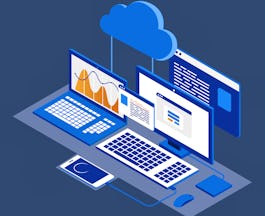
Duke University
Skills you'll gain: Cloud Computing, Cloud Platforms, Amazon Web Services, Continuous Delivery, DevOps, Software As A Service, Continuous Integration, Devops Tools, Software Engineering Tools, Strategy and Operations
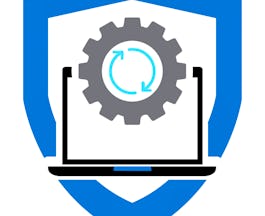
Skills you'll gain: Cloud Computing, Computer Architecture, Operating Systems, System Security

Skills you'll gain: Cloud Computing, Cloud Platforms, Google Cloud Platform, Cloud Infrastructure, Software Engineering, Cloud Applications, Cloud Engineering, Software Architecture, Systems Design, Software Testing

University of Minnesota
Skills you'll gain: Business Process Management, Leadership and Management, Strategy and Operations, Business Transformation, Project Management, Business Analysis, Data Management, Product Management, Business Development, Planning, Process Analysis, Software As A Service, Organizational Development, Risk Management, Agile Software Development, Cloud Computing, Operations Management, Systems Design, Cloud Load Balancing, Computer Programming Tools, Design and Product, Internet Of Things, Performance Management, Security Engineering, Supply Chain and Logistics, BlockChain, Cloud Engineering, Cloud Infrastructure, Computer Networking, System Security
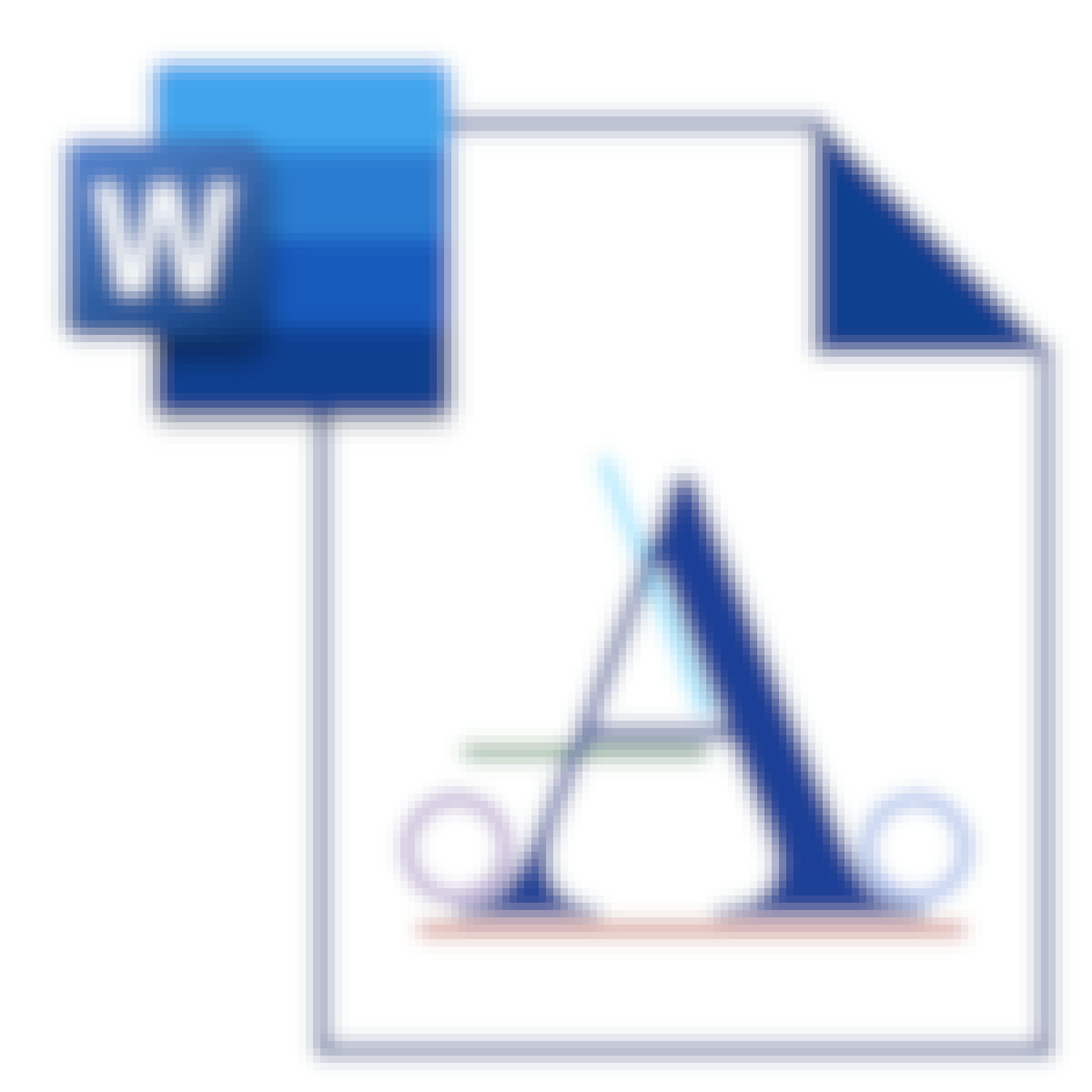
Microsoft
Skills you'll gain: Collaboration, Communication, Computer Graphics, Microsoft Excel, Visual Design, Research and Design, Writing, Software Architecture, Software Engineering Tools, Spreadsheet Software

Skills you'll gain: Leadership and Management

Skills you'll gain: Cloud Computing, Customer Success, Customer Support

CompTIA
Skills you'll gain: Network Security
Searches related to microservices
In summary, here are 10 of our most popular microservices courses
- English for Teaching Purposes: Universitat Autònoma de Barcelona
- Create Serverless Applications: Microsoft
- Service-Oriented Architecture: University of Alberta
- Computer Communications: University of Colorado System
- Cloud Computing Foundations: Duke University
- Introduction to Computers and Operating Systems and Security: Microsoft
- Reliable Cloud Infrastructure: Design and Process en Español: Google Cloud
- Information Systems: University of Minnesota
- Work Smarter with Microsoft Word: Microsoft
- Manage Identities and Governance in Azure: Whizlabs










